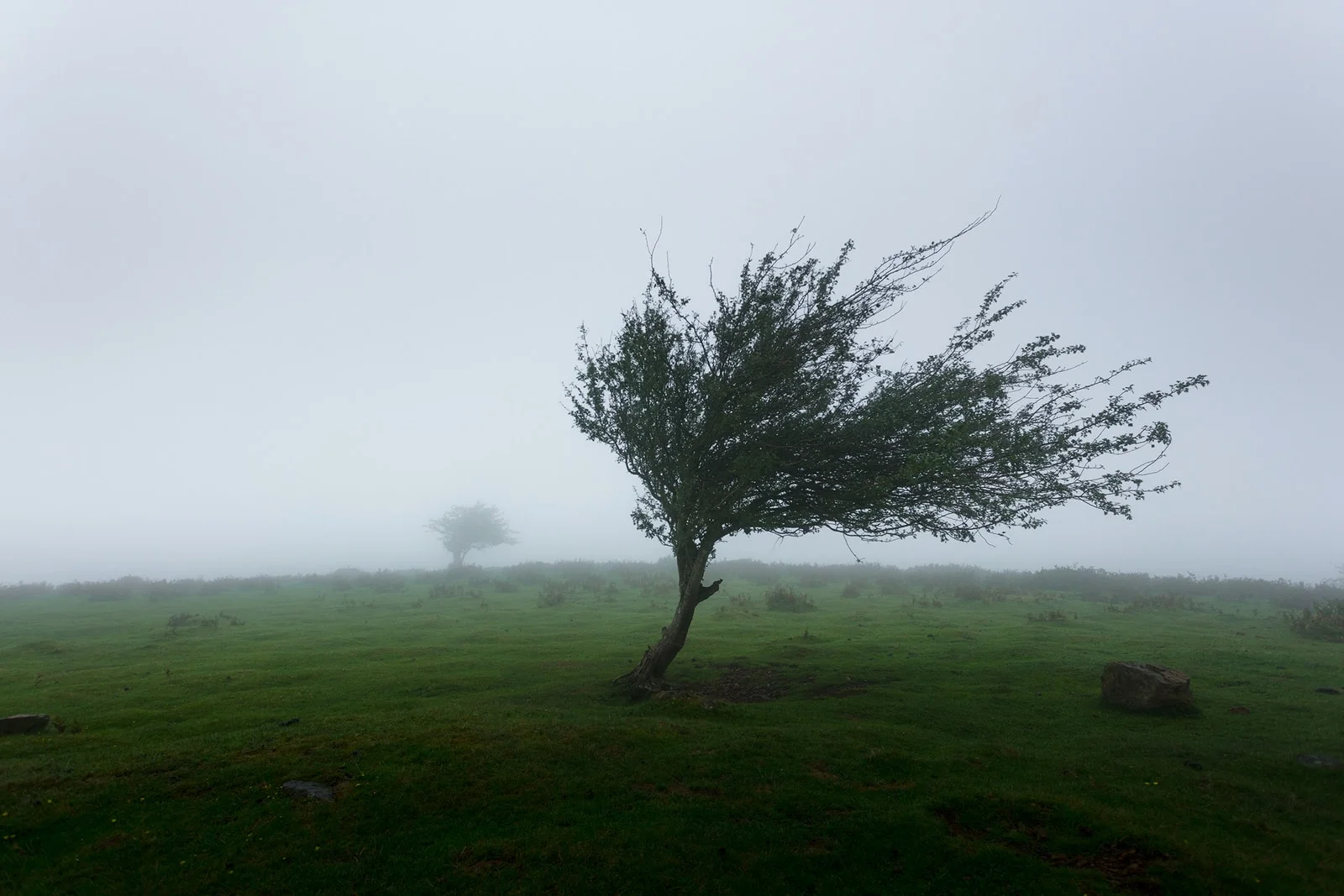Hurricane Season, typically June through November, marks a period of uncertainty and anxiety, especially in the Southern US. Hurricanes don’t develop all at once instead they progress through stages: Tropical Wave, Tropical Disturbance, Tropical Depression, Tropical Storm, and Hurricane. A storm’s ability to cause damage, as it grows in intensity, is measured in categories ranging from least severe (Category 1) to total destruction (Category 5). While Hurricanes can cause great damage, they seldom catch us by surprise. Technology allows us to use reconnaissance aircraft and weather balloons, and satellites allow us to track and prepare for them. We usually have enough notice to stock up on supplies or evacuate if necessary. We may not know when the storm will arrive or how long it will last, but we know it’s coming.
Just like the storms caused by Nature, the storms in our lives are unpredictable.
Just like the storms caused by Nature, the storms in our lives are unpredictable. We don’t always have “fair wind and following seas” in our journey to becoming better leaders, and Christians. In fact, throughout our lives we will face storms. They are seldom welcome, but we know that when they arrive, they bring the potential for stormy seas, wind, and destruction. In many instances, our storms will not be caused by nature; but by the actions of others, or as a result of our own actions, decisions, and behaviors. Michael Feazell (2012) says:
“The crises of life have often been compared to stormy seas. They come upon us whether we like it or not. They terrify us. They knock us around and threaten to destroy all our stability and security. We don’t know whether we can survive them. And we don’t know how long they will last.”
Rick Warren (2015) teaches that “there are three kinds of storms in life: storms that we bring on ourselves (like Samson), storms that God causes (like Lake Galilee), and storms that other people cause (as when Paul and Silas were thrown into prison).” Let’s take a closer look at them.
First, we have no control over the storms that God causes. We may feel that we are being punished but, we don’t have any insight into God’s plans. He knows what He is doing and has been doing it a long time. God doesn’t randomly create storms in our lives; rather He uses them for a specific purpose such as teaching humility (Job 22:29, ESV) or building and strengthening our faith through perseverance (James 1:12). Whatever reason we may perceive, we are assured that He is not seeking to harm us (Jeremiah 29:11-13). Joseph M. Marshall III, award-winning storyteller, tells us:
Secondly, similar to the storms caused by God, we have little control over the actions and behaviors of others, although our relationships may suffer collateral damage as a result. We can often see, and feel, the results of the actions of others; but we can’t really understand “why” someone did something because we can’t see their motivation. The best that we can do to help others is let them know what they have done and its impact on us. Luke 17:3 (VOICE) tells us:
“So each of you needs to be careful. If your brother sins [against you], confront him about it, and if he has a change of mind and heart,
then forgive him.”
Finally, there are the storms that we bring on ourselves. These storms are the most difficult to prepare for not because we can’t control our actions and behaviors; but because we can’t foresee their consequences or impact. We always seem to be able to justify, at least to ourselves, why we made a decision or took an action, even if it didn’t produce the expected outcome. The storms that we bring on ourselves are often the result of “egoism”, defined as an “inordinate concern for one’s own welfare and interests; selfishness.” You may recall the acronym “WIIFM”, WIIFM (What’s in it for me), which gained popularity in marketing and business teachings. At its core, this philosophy sought to increase profits or normalize change by appealing to the self-interests of the consumer or employee. It presumed that people would do what we want if it was in their interests. It really should not surprise us when our plans don’t turn out the way that we expect, especially if we base them on our own self-interest or the manipulation of others. The Bible repeatedly warns (Philippians 2:3, CEB) us:
“Don’t do anything for selfish purposes, but with humility think of others as better than yourselves.”
We must continually “examine ourselves” to guard against the storms that we bring on ourselves. In other words, before we decide or take an action, we need to examine our motivations and intentions. “It is obvious that, because of the times in which we live, self-examination is necessary so that we correct ourselves on a regular basis to make certain we continue to bring honor to God and Christ” (Ready Answer, 2006).
Challenge: What caused your past few storms (God, Others or Self)? Were you in control of the outcomes or possibilities? Will you consider turning to Jesus during your next storm? He reminds us (Mark 9:23, GW):
“As far as possibilities go, everything is possible for the person who believes.”









